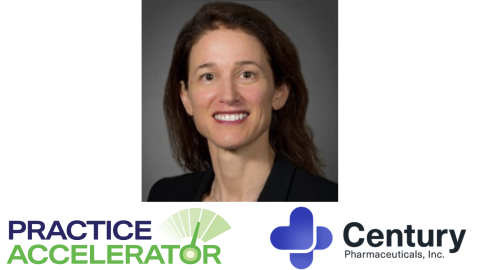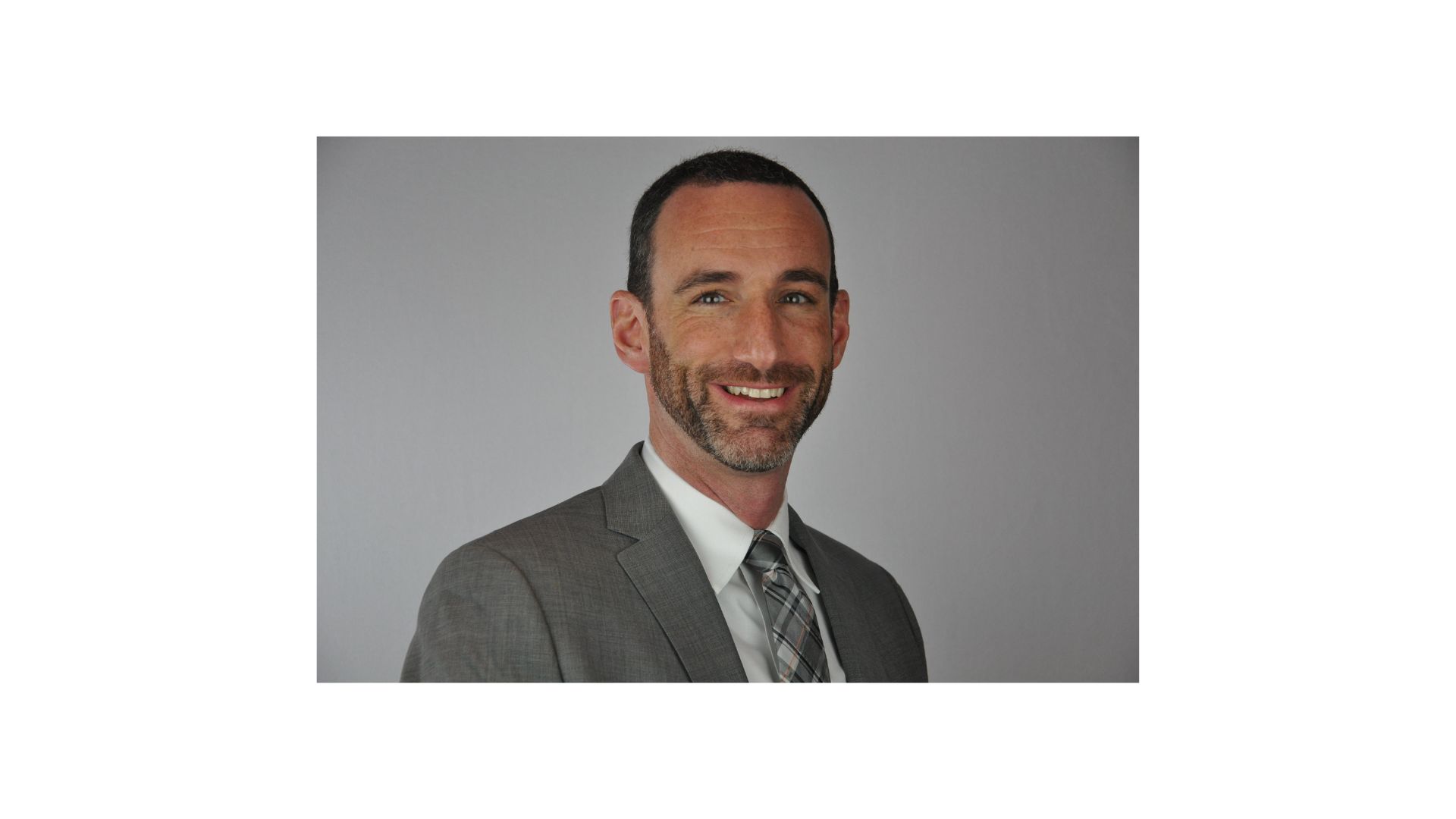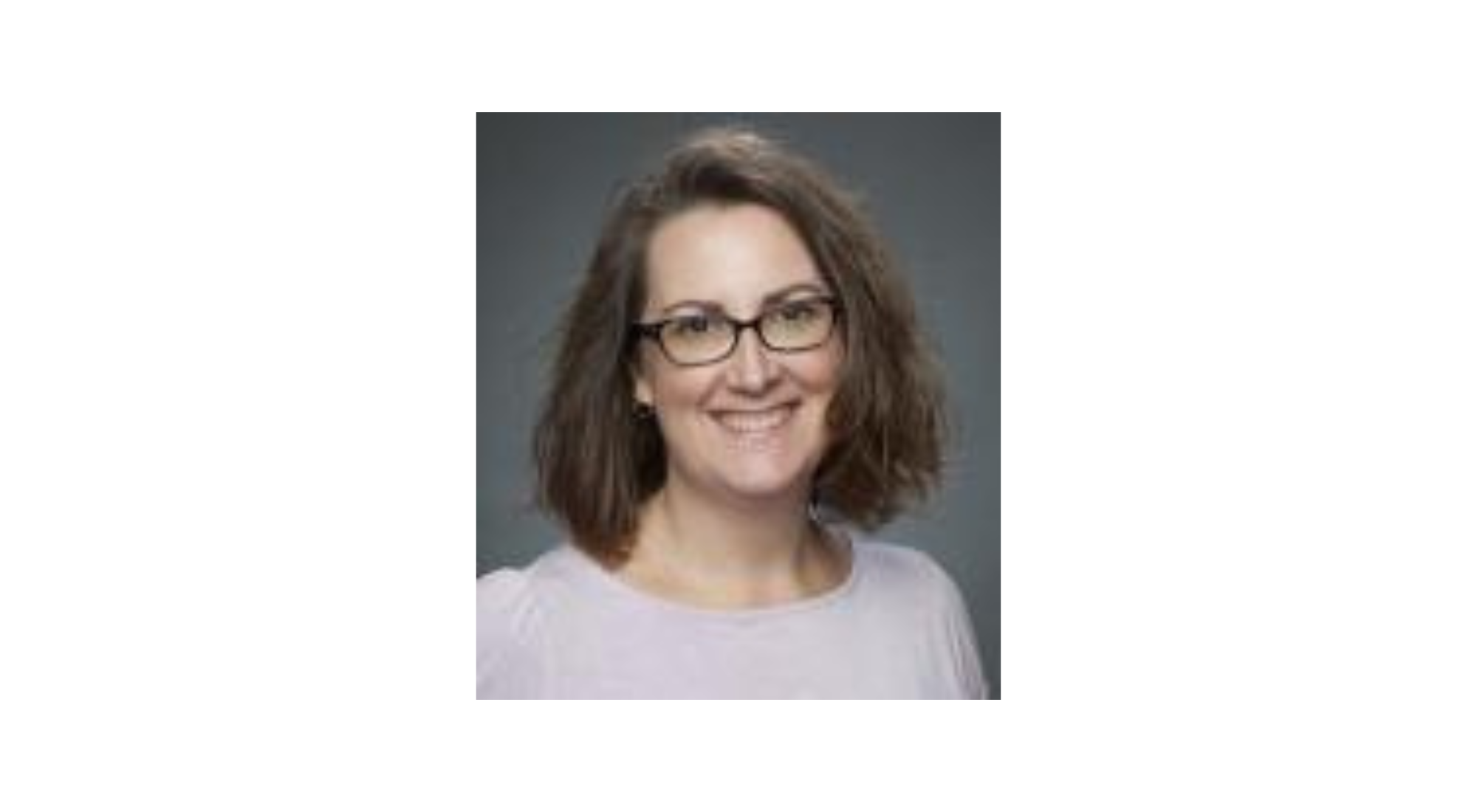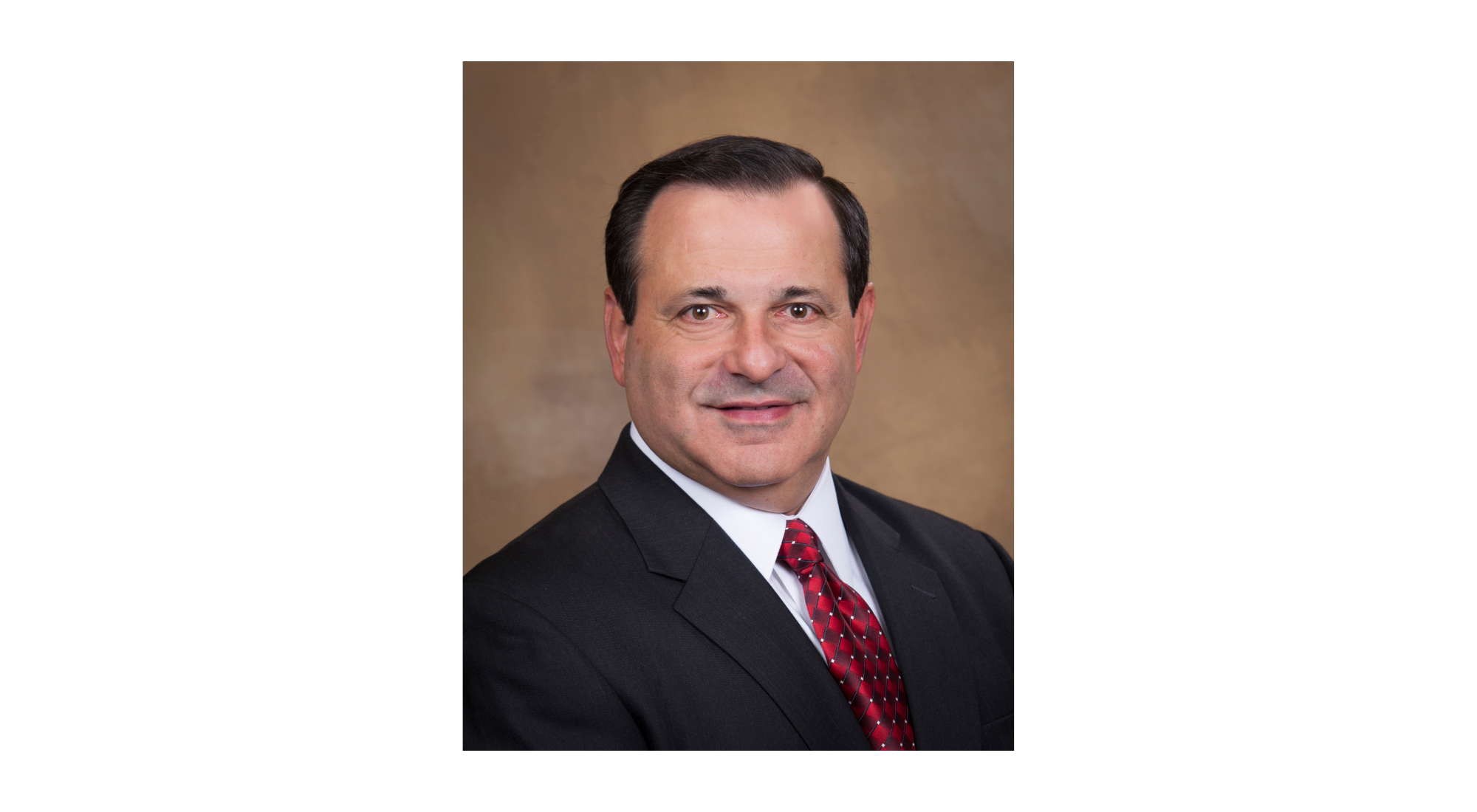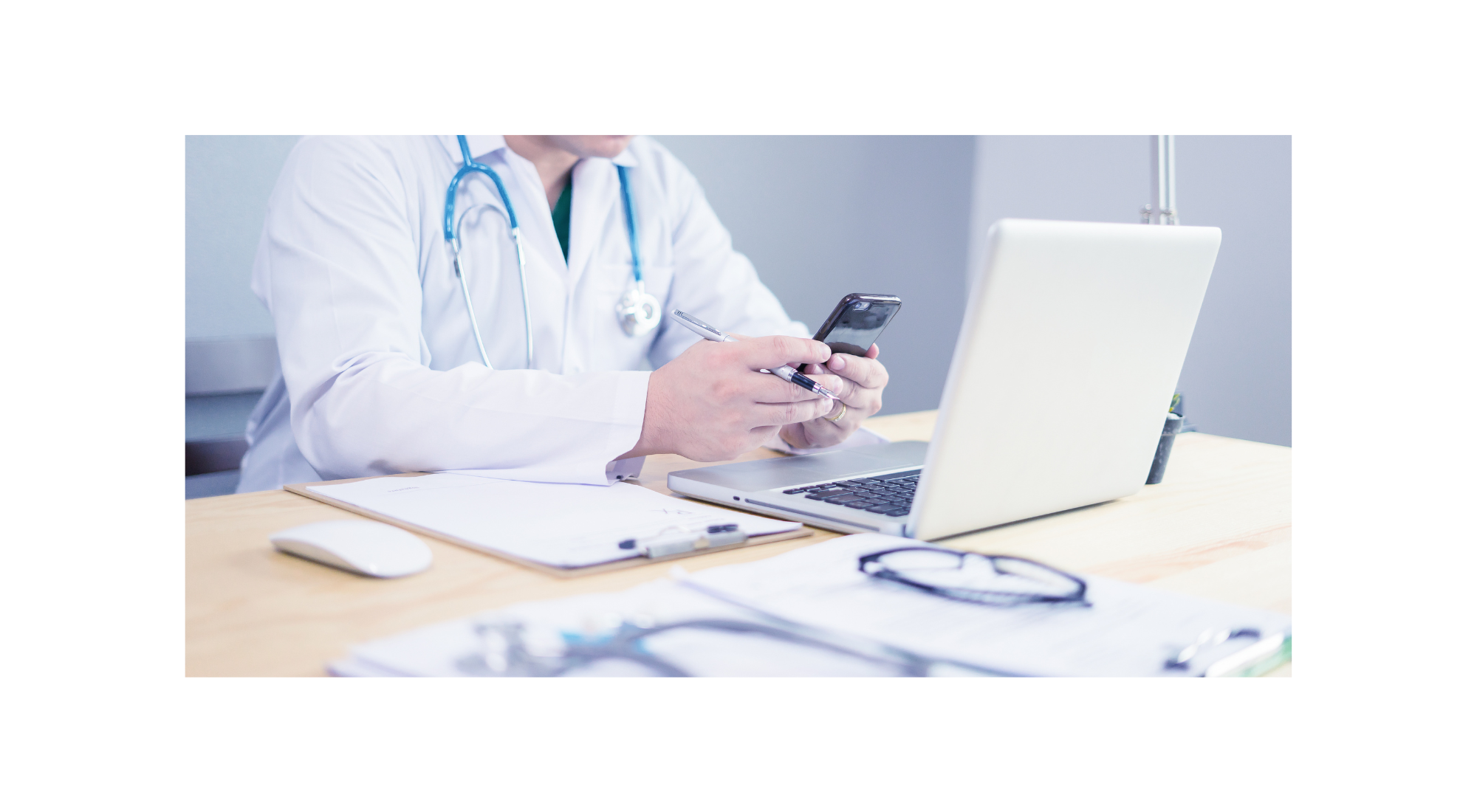Talking to Patients About Antimicrobial Resistance
April 1, 2024
Transcript
Hi, I'm Alisha Oropallo. I'm a vascular and general surgeon in practice at Northwell Health. I'm also professor of the School of Medicine of Zucker, Hofstra School of Medicine of Northwell Health, and professor of the Advising Institutes for Medical Research and the Bioelectronic Division.
Why is it important to discuss antimicrobial resistance with patients?
It's important to discuss antimicrobial resistance with patients because many patients do not realize that the very same antibiotics that help treat wounds can also help hinder their whole process of healing. The reason being is that whatever medicine is taken, there's always risks as well as benefits, including antibiotics. Many people feel that antibiotics can help assist in wound healing, which it can in certain circumstances, but it is also important equally to assess the patient to ensure that antibiotics will be effective, because in certain circumstances, they actually may hinder the health of the patient and actually lead to detrimental effects.
How do you approach explaining the rationale behind antimicrobial stewardship to patients in a way that is easily understandable and encourages their active participation?
We encourage at our center the explanation of antimicrobial stewardship to the patients by allowing them to ask questions about their condition, why they need antibiotics or why they don't need antibiotics. And the need for the use of antibiotics during specific times of their care, if necessary.
In other words, skin conditions may require some use of antibiotics, but not all wounds need antibiotics, and not all wounds, even with positive cultures, may need antibiotics. And there are many different types of methodologies in which we can treat wounds that may be infected. So it's not just one application of using antibiotics that will help with the success of the wound. Patients should understand that antimicrobial stewardship is working together collaboratively to really help decide on what's the best management for the patient.
In situations where a patient insists on antibiotics despite clinical guidelines, how do you navigate that conversation and maintain a collaborative relationship?
Sometimes, what we often do is employ some technology into the office. We may demonstrate to the patient that the wound may not be clinically infected at the time. So, for instance, we may employ fluorescent imaging to assess the patient and demonstrate whether they need or do not need antibiotics or, and then additionally, we may also discuss with the patient regarding hygiene. Proper wound hygiene can also prevent the use of antibiotics and the need for further antibiotics and how the patients manage and treat their wounds. In other words, a washing of a wound may help rid much of the periwound microbes and good mechanical cleansing of the wound may also help reduce that bioburden.
What tip do you hope clinicians take away from this discussion?
I think that what physicians could discuss with their patients most importantly is about proper wound hygiene, because early intervention of keeping the wound cleansed and clean and rid of surface bacteria that may impair wound healing or the bioburden of having biofilm that penetrates the wound itself, that mechanical cleansing can make a big difference in the rates of infection. So educating patients and educating physicians on proper wound hygiene is important.
About the Speaker
Dr. Oropallo is currently a practicing Vascular surgeon and Wound Care physician. She is the Medical Director of the Comprehensive Wound Healing Center and Hyperbarics at Northwell Health. She is involved with basic science with the Feinstein Institute of Medical Research, translational, and clinical research. She actively participates in numerous speaking engagements in national organizations including the American College of Surgeons. She is a frequent lecturer on all aspects of wound management and treatment. She is a co-founder in the development of Northwell Health’s first regional multidisciplinary wound care conference to help educate clinicians. She is currently an Associate Professor at Zucker Hofstra school of Medicine, Fellow of the American College of Surgeons with board certification in Surgery and Vascular Surgery, and a certification in wound care. She authors many journal articles and is a reviewer for several journals. She is currently on the speaker’s bureau for the American Association of Wound Care for the advancement of wound healing. She is a recipient of the national Shire research award for translational research. She holds the title of Associate Professor, Feinstein Institute of Medical Research. She has performed numerous clinical trials including investigator led as well as industry sponsored. She enjoys research on the advancement of wound healing through new technological innovations, testing new products or product developments, and improving patient quality of care in wound healing.
The views and opinions expressed in this content are solely those of the contributor, and do not represent the views of WoundSource, HMP Global, its affiliates, or subsidiary companies.






